Book bans relating to race and sexuality reach record-high numbers
In the past year, attempts to ban books concerning race and sexuality in American schools have increased exponentially, with parent groups aiming for more control over their kids’ education. As a result, legislation such as Florida’s HB 1557, also known as the ‘Don’t Say Gay’ Bill, was recently signed into law, which prohibits conversation about sexuality and gender in classrooms K-3, and consequently, the teaching of any books relating to those topics as well. This law is not the only one banning conversation in schools — South Dakota, Missouri, and Texas have all reported record-high efforts to ban books that they claim to be divisive. Toni Morrison’s The Bluest Eye and George Matthew Johnson’s All Boys Aren’t Blue are both examples of targeted books that have been removed from schools in certain suburbs in Florida and Louisiana. A Missouri bill prohibited the use of the New York Times’ “1619 Project” in schools because of its vivid and violent description of how slavery came to America.
Backing these bills are none other than parents of the public education system. Moms for Liberty, a conservative organization founded by former school board members, pushes for greater censorship in schools K-12 as they believe it is the parents’ right to choose what is taught in their children’s schools. No Left Turn in Education also pushes for greater censorship, specifically against leftist views and critical race theory (CRT). For instance, So You Want to Talk About Race by Ijeoma Oluo and White Fragility by Robin Diangelo are two books that have been praised for providing an accessible and educational resource to those who want to learn more about racism in the United States.
However, not all groups are advocating for greater censorship. Red, Wine, and Blue is another mom’s group that is against book bans and believes that educated professionals should be able to decide what books are taught in schools, as what may come across as “traumatic” to one child may be very beneficial to another child. President Biden has also spoken out against bans, noting that the ‘Don’t Say Gay’ bill is “hateful” and that he doesn’t endorse it. Additionally, the American Civil Liberties Union has filed suits against book-ban legislation as well, quoting a Supreme Court decision from 1982 that states “local school boards may not remove books from school library shelves simply because they dislike the ideas contained in the books.”
Students have also started speaking out against book bans in their schools. Eighth-grader Joslyn Diffenbaugh at Kutztown Middle School in Pennsylvania founded a banned book club, jumpstarting the group with Animal Farm by George Orwell. Demonstrations have also made their way to Poolesville High School — freshman Nora Vencill recently led a walkout on Wednesday, April 6th to show solidarity and support for LGBTQ+ students after the passing of the ‘Don’t Say Gay’ Bill.
“I was horrified,” Vencill said about her reaction to the bill. “Anybody in their right mind would be… I knew then that America was truly backsliding and I needed to take more action.”
To some, these attempts may seem futile and not worth the effort, but many intellectuals fear that these book bans and limited conversation on divisive topics resemble historical events of extreme suppression and racism, and need to be pushed against in order to prevent cycles of oppression. Harvard lecturer George Soroka compared anti-CRT legislation with the attempt to whitewash and downplay the harsh reality of slavery.
“In the 1830s, all discussion of abolition was barred from the House of Representatives… the notion of abolishing slavery was not only a political threat, but it was also advanced and… sold on the belief that divisiveness, discomfort, things along those lines are bad for the public mind and a more docile population is a much more easily governed one,” human rights lawyer Eric Berkowitz said.
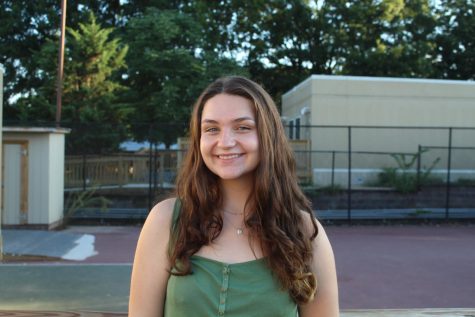
Kaitlyn is a senior in the Humanities Program. This is her second year with The Pulse but her first year as a Copy Editor. Her favorite book is Slouching...



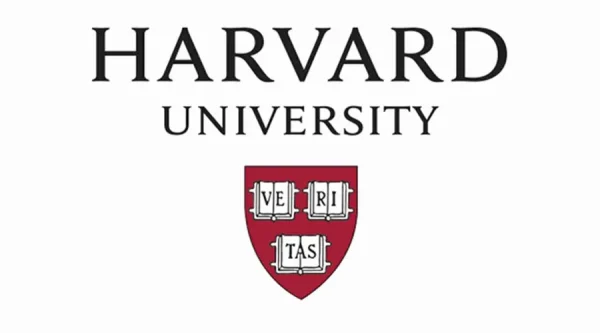
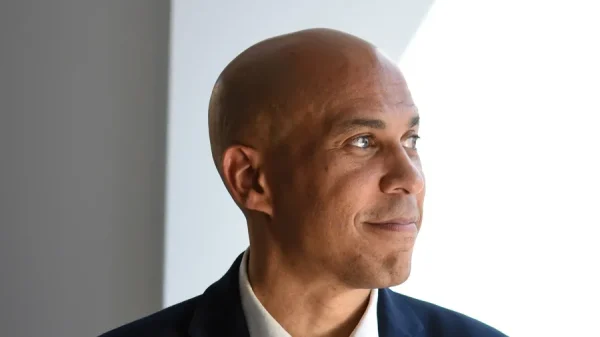
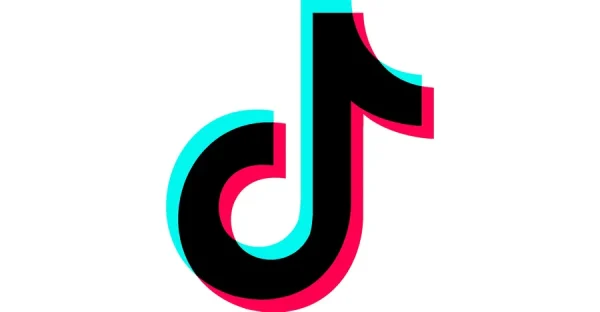
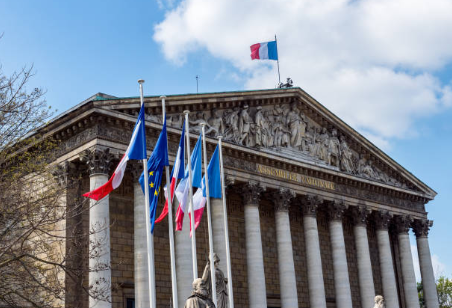
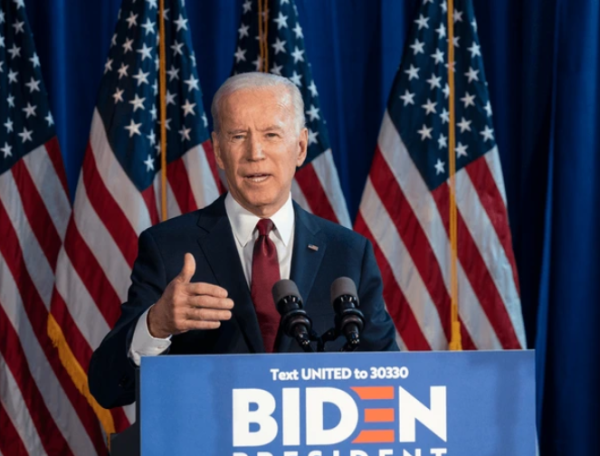
Aarsh Raja • Sep 1, 2022 at 8:05 am
So fire